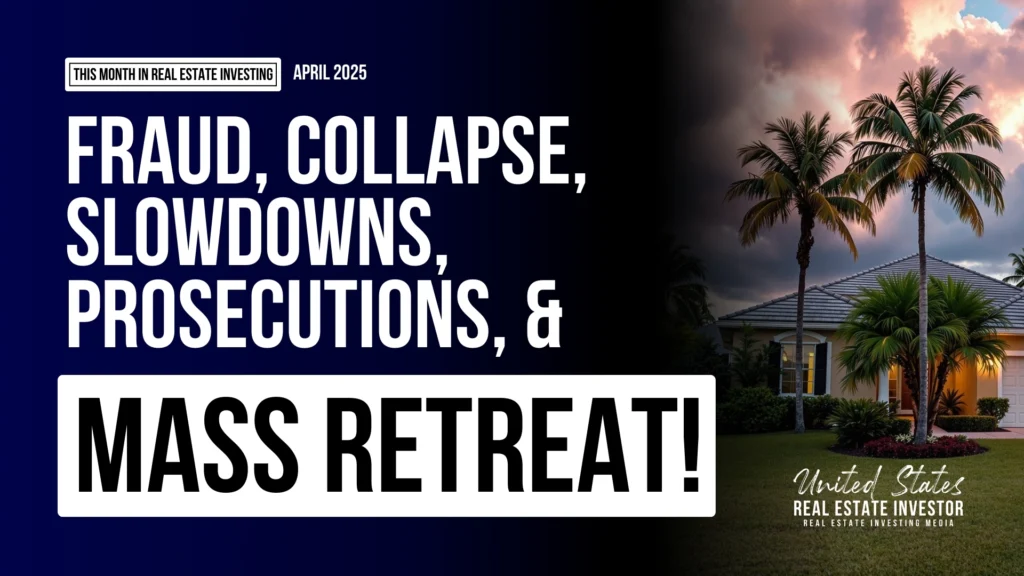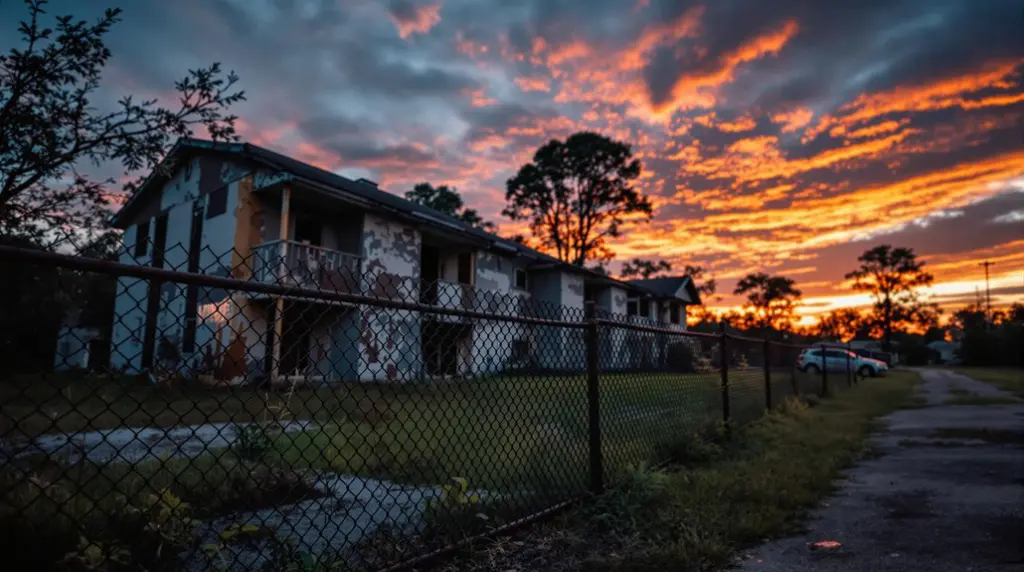Key Takeaways
- The rise of remote work has led to a significant decrease in demand for traditional office spaces.
- Cities are adjusting to reduced office occupancy, affecting local businesses and public infrastructure.
- Investment strategies are shifting, with a growing focus on sectors other than traditional commercial real estate.

Some say “Commercial real estate is dead, truly.”
In the aftermath of the COVID-19 pandemic, a seismic shift has occurred in the commercial real estate (CRE) market.
Once a robust pillar of the global economy, commercial real estate is now grappling with an unprecedented, seemingly neverending, downturn, with the rise of remote work serving as a primary catalyst.
Needless to say, many real estate investors are shaken, but there is another population of investors who are salivating over their plans of attack. These investors see opportunity where others see uncertainty, positioning themselves to capitalize on lower property prices and potential market rebounds. As they strategize, they are closely examining trends such as the realtor population loss analysis, which could indicate areas of future growth or decline. By identifying undervalued assets, they hope to secure lucrative deals that will pay off in the long term.
Key Developments
- Shift to Remote Work: The pandemic accelerated the transition to remote work, significantly reducing the demand for traditional office spaces. Companies are reassessing their need for physical offices, with many downsizing or eliminating their office footprint altogether.
- Impact on Urban Centers: Major urban areas, which were traditionally centers of commercial activity, are experiencing a marked decline in demand for office spaces. This shift is reshaping urban real estate markets and affecting city revenues and business ecosystems.
- Investment and Market Reactions: The real estate investment landscape is evolving rapidly. There is a growing preference for residential and industrial properties over commercial ones, indicating a significant shift in market dynamics.
Remote Work: A Catalyst for Change
The persistence of remote work post-pandemic has led to a decreased demand for commercial office spaces, impacting landlords and investors heavily invested in CRE.
A 2021 PwC survey found that 83% of employers viewed remote work as successful, with many planning to make it a part of their long-term strategies.
The Urban Exodus
Cities that thrived on office workers are facing a new reality.
The reduced foot traffic has affected local businesses and public transport systems.
This structural change in work and living patterns is altering the urban landscape, leading to what some call an “urban exodus.”
Related Fact
The Innovation Balancing Act
In the evolving landscape of remote work, a massive study examining 20 million scientific papers and 4 million patents found that in-person collaboration tends to produce more groundbreaking ideas than remote work.
However, before companies rush to overhaul their workplace policies, it’s important to consider their reliance on innovation versus incremental improvements.
Striking a balance between the cost-saving advantages of remote work and the innovative potential of in-person interactions is key.
Encouraging brainstorming and idea-sharing in remote settings can help tap into hidden genius.
While remote work offers flexibility and efficiency, achieving the perfect blend of remote and in-person collaboration remains a vital quest for businesses and the broader economy.
—
Source: Business Insider
Investors Shifting Focus
Investors are responding to these changes by pivoting towards sectors like residential real estate, warehousing, and data centers.
This indicates a long-term change in investment strategies, moving away from traditional commercial real estate.
Future of Commercial Real Estate
The commercial real estate sector faces significant challenges as remote work has catalyzed a fundamental shift in the demand for office spaces.
While it’s premature to declare the death of CRE, the sector must adapt to survive in this new normal.
RELATED CONTENT
The future of commercial real estate will likely depend on flexibility, innovation, and a deep understanding of evolving work culture.
References
No related posts.





















